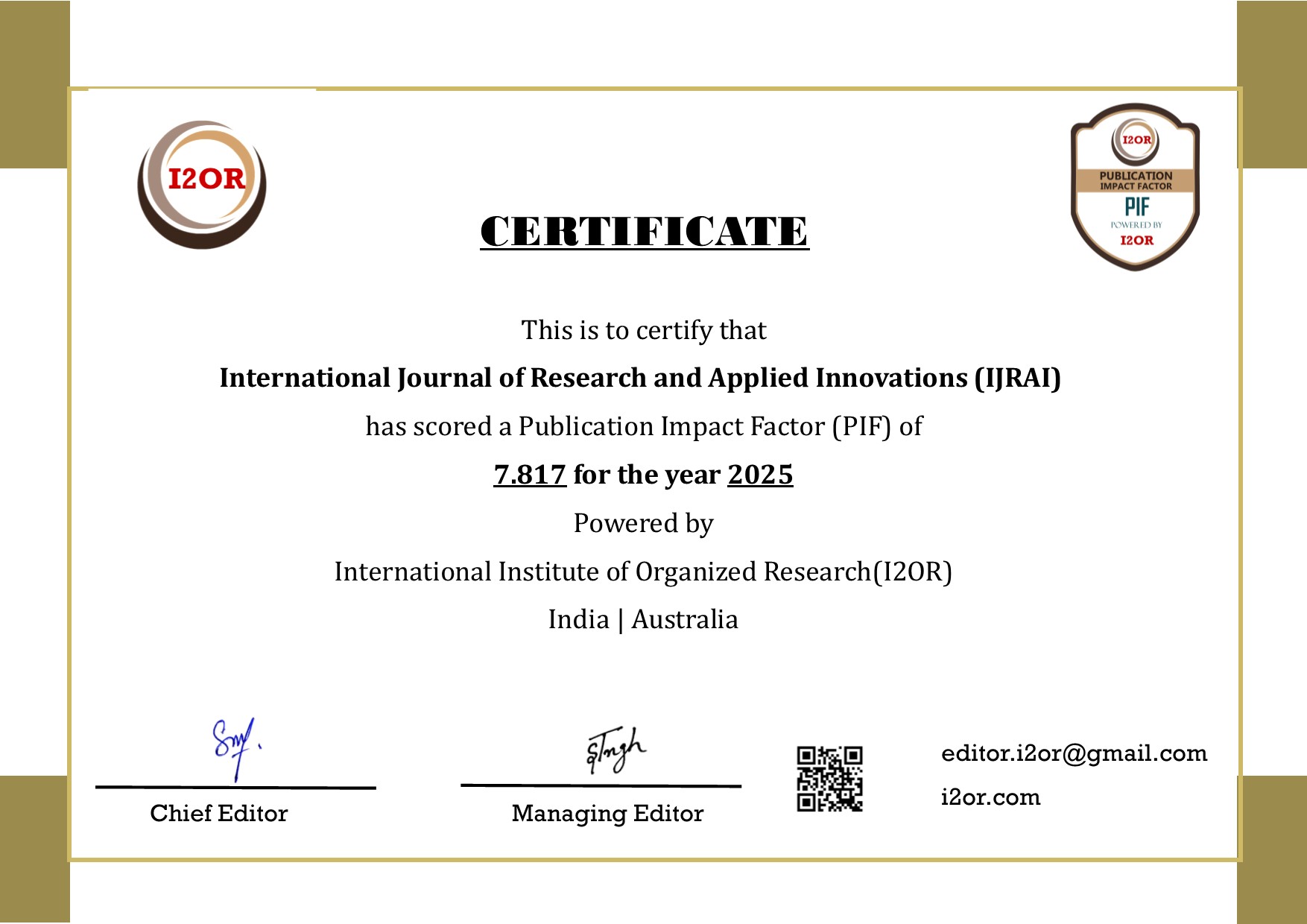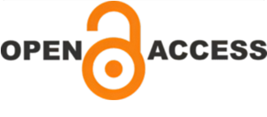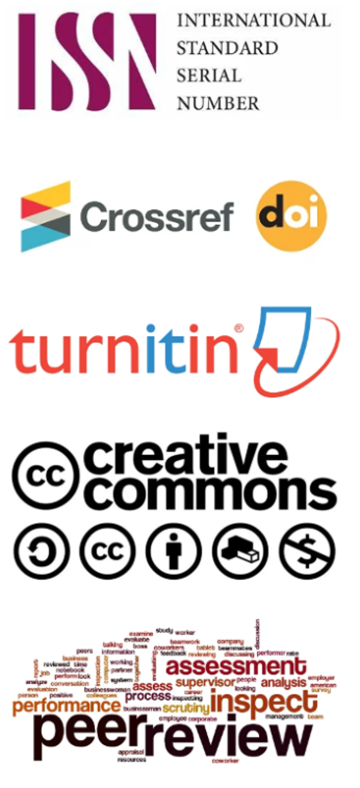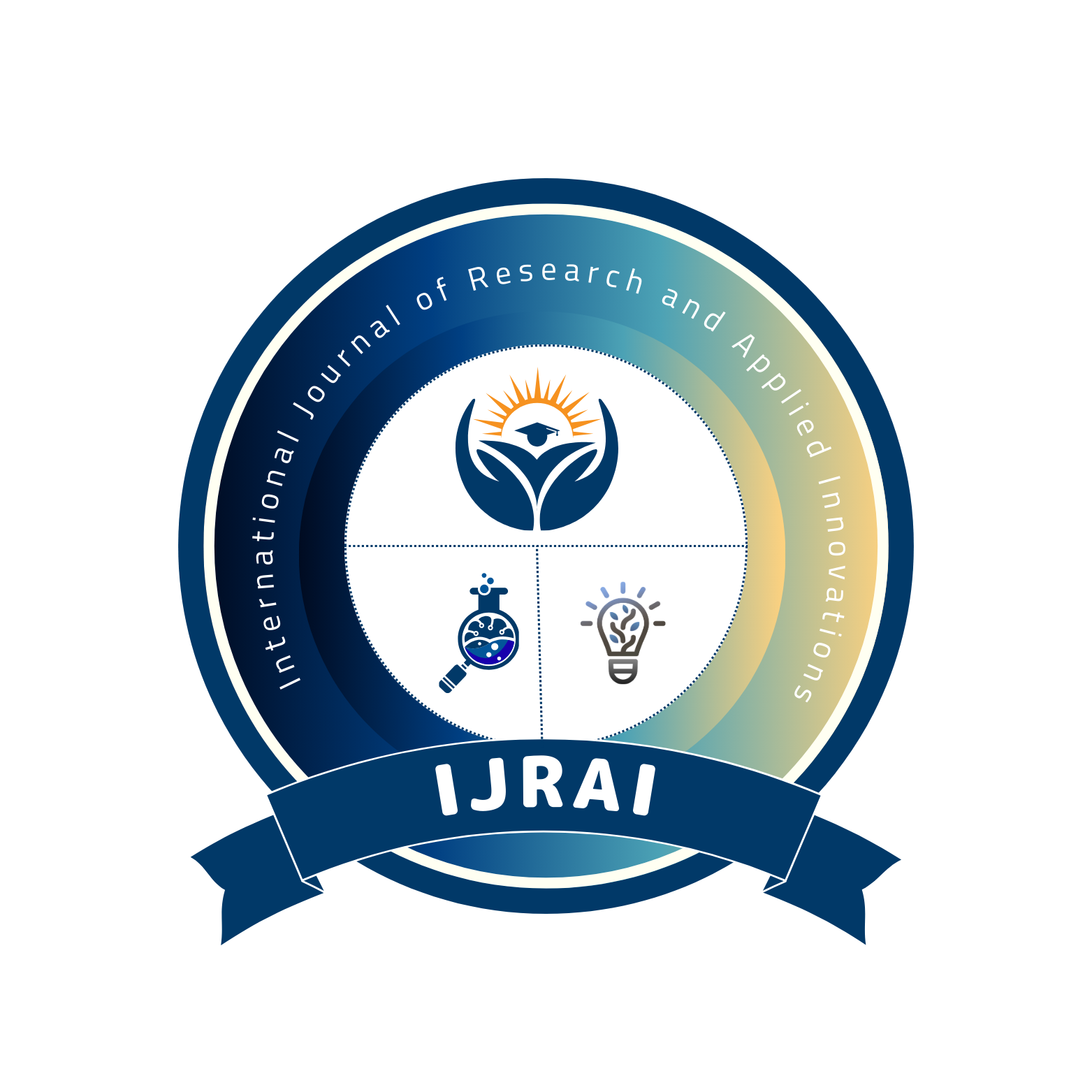Ethical AI-Driven Cloud Software Engineering Framework for Financial Inclusion: Integrating Safe Reinforcement Learning in Web Application Development
DOI:
https://doi.org/10.15662/IJRAI.2021.0406010Keywords:
Ethical AI, Cloud Software Engineering, Financial Inclusion, Safe Reinforcement Learning, Responsible AI, Web Application Development, Federated Learning; Explainable AI, Fairness, Digital Trust, Human-in-the-Loop, AI GovernanceAbstract
The rapid adoption of artificial intelligence (AI) in cloud-based financial systems has transformed access to digital financial services, particularly in underserved communities. However, the integration of AI—especially reinforcement learning (RL)—into web applications raises significant ethical, safety, and transparency challenges. This paper proposes an Ethical AI-Driven Cloud Software Engineering Framework that embeds Safe Reinforcement Learning (Safe-RL) methodologies into the full software development lifecycle for financial web applications. The framework leverages cloud-native architectures, federated data governance, and responsible machine learning (ML) pipelines to ensure fairness, explainability, and compliance with financial regulations. A multi-layered ethical design model is introduced, combining formal verification, human-in-the-loop decision control, and bias-aware policy optimization. Through simulated case studies in micro-lending and credit scoring systems, the framework demonstrates how Safe-RL agents can adapt to user behavior while preserving data privacy, algorithmic accountability, and equitable access. The results highlight the potential of ethically aligned, AI-driven cloud software engineering to accelerate financial inclusion and digital trust across emerging markets.
References
1. Amodei, D., Olah, C., Steinhardt, J., Christiano, P., Schulman, J., & Mané, D. (2016). Concrete problems in AI safety. arXiv preprint arXiv:1606.06565.
2. Soundappan, S.J., Sugumar, R.: Optimal knowledge extraction technique based on hybridisation of improved artificial bee colony algorithm and cuckoo search algorithm. Int. J. Bus. Intell. Data Min. 11, 338 (2016)
3. Kiran Nittur, Srinivas Chippagiri, Mikhail Zhidko, “Evolving Web Application Development Frameworks: A Survey of Ruby on Rails, Python, and Cloud-Based Architectures”, International Journal of New Media Studies (IJNMS), 7 (1), 28-34, 2020.
4. Kumbum, P. K., Adari, V. K., Chunduru, V. K., Gonepally, S., & Amuda, K. K. (2020). Artificial intelligence using TOPSIS method. International Journal of Research Publications in Engineering, Technology and Management (IJRPETM), 3(6), 4305-4311.
5. Dignum, V. (2018). Ethics in artificial intelligence: Introduction to the special issue. Ethics and Information Technology, 20(1), 1–3.
6. Floridi, L., & Cowls, J. (2019). A unified framework of five principles for AI in society. Harvard Data Science Review, 1(1).
7. Anand, L., Krishnan, M. M., Senthil Kumar, K. U., & Jeeva, S. (2020, October). AI multi agent shopping cart system based web development. In AIP Conference Proceedings (Vol. 2282, No. 1, p. 020041). AIP Publishing LLC.
8. Vengathattil, S. (2019). Ethical Artificial Intelligence - Does it exist? International Journal for Multidisciplinary Research, 1(3). https://doi.org/10.36948/ijfmr.2019.v01i03.37443
9. Google Cloud. (2018). Architecting with Google Cloud Platform: Design and Process. Google Cloud White Paper.
10. Kudenko, D., & Grześ, M. (2013). Reinforcement learning with reward shaping for environmental adaptation. ACM Transactions on Adaptive and Autonomous Systems (TAAS), 8(2), 1–15.
11. Cherukuri, B. R. (2020). Ethical AI in cloud: Mitigating risks in machine learning models.
12. Minsky, M. (1986). The Society of Mind. New York: Simon & Schuster.
13. Amuda, K. K., Kumbum, P. K., Adari, V. K., Chunduru, V. K., & Gonepally, S. (2020). Applying design methodology to software development using WPM method. Journal ofComputer Science Applications and Information Technology, 5(1), 1-8.
14. Rawat, D. B., & Alshaikhi, A. (2019). Leveraging artificial intelligence for secure cloud computing. IEEE Network, 33(2), 24–29.
15. AZMI, S. K. (2021). Markov Decision Processes with Formal Verification: Mathematical Guarantees for Safe Reinforcement Learning.
16. Md R, Tanvir Rahman A. The Effects of Financial Inclusion Initiatives on Economic Development in Underserved Communities. American Journal of Economics and Business Management. 2019;2(4):191-8.
17. Anand, L., Nallarasan, V., Krishnan, M. M., & Jeeva, S. (2020, October). Driver profiling-based anti-theft system. In AIP Conference Proceedings (Vol. 2282, No. 1, p. 020042). AIP Publishing LLC.
18. Prasad, G. L. V., Nalini, T., & Sugumar, R. (2018). Mobility aware MAC protocol for providing energy efficiency and stability in mobile WSN. International Journal of Networking and Virtual Organisations, 18(3), 183-195.









